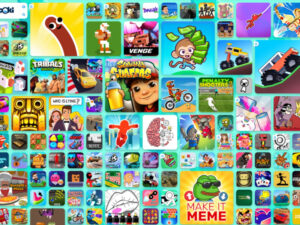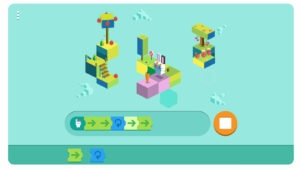Benefits of Playing Scrabble

Language and its dynamics have always left people in wonder, partly because language is a culture, and some will say it is even a way of life or a new way to think. That is why learning a new language is no easy fit because apart from the words being used, there are abstract meanings to the application of certain words.
But there is one underlying fact, and that is, for you to have a good grasp of a language you have to know a lot of words, or as scholars will rightly call it—dictions. And how do you get your dictions update without being plagued with the usual boredom often associated with learning words or a new language for that matter?—-well that is where the lovely board called scrabble comes in. You may not know this, but playing scrabble helps immensely in not only improving your dictions in a target language but also has some rewarding benefits which we will be exploring.
Reduces the risk of mental illness
Because scrabble is a game that engages the mind and stimulates cognitive activities within the brain, it keeps the brain active and reduces the risk of dementia and other brain-related illnesses. This game, in particular, has been found to help people that have suffered from severe concussion and are having trouble in regaining both memories and motor functions. Not only that—going by a publication from a popular academic and research website called “Researchgate” where an experiment was made to test the theory that people sometimes utilize physical actions to make themselves more capable problem-solvers. The assignment was to generate all possible words that could be formed from seven Scrabble letters.
In one condition, participants could use their hands to manipulate the letters, and in another situation, they could not. Results show that more words were generated with physical manipulation than without. Based on the premise of this experiment, we can see that the game scrabble does not only help with exercising your brain but also enables your capacity to solve problems, because it engages hand functions (motor skill). Now for newbies that are not so grounded with words and are looking for an easy way to play the game but with less brain activity—there is definitely something for you. There is a website called Unscramblex.com that helps with this. This website helps with forming new words from letters that are inputted into it.
Spelling
A few numbers of us are not very good with spellings. Some times you will find that a person knows so many words and are even fluent in a language but often has a weakness when it comes to writing the words correctly. That is where this lovely game has a huge role to play. By frequently engaging in this game, you start to get accustomed to the correct spelling of words, after all, you couldn’t possibly get a point if you can’t get the spelling of your words right.
You will be most certainly amazed at how fast you are able to improve not only your dictions but also the correct spelling of words. Plus the beauty lies in the fact that these words are most likely going to be common words that you make use of in your daily life.
Mathematical skills
Mathematical skill?—I know right? You are probably thinking; “don’t even get me started right now” What has mathematical skills got to do with scrabble? Well, it will shock you to know that the game of scrabble helps with your math skills, in that those letters won’t supernaturally add themselves together. You have to make the effort of adding those letters to make sure that they are not only correct but also that they fit into the required space.
Vocabulary
This is very obvious that the more you play scrabble the more words you are able to recognize and most importantly, you get to learn new words that you can add to the collection of words you are already adept to. This is a very useful part of scrabble—and it is useful because when learning a new language, it is always vital to have ample knowledge of dictions in order to facilitate the apprehension of the target language.
It will also interest you to know that people that play scrabble have been found to be better disposed at dispensing the intricacies of prefixes and suffixes than folks who don’t engage in this board game. Plus it does one better. Now besides learning new words, people also learn the meaning of words and how they are correctly used.
When trying to improve your vocabulary, especially to improve your Scrabble game, try using a word unscrambling tool like Unscrambled Words. They provide a list of words that start and end with certain letters that can be very strategic. For example, you can look up 5 letters words that start with C. Learning words with common letters can be particularly helpful when playing Scrabble.
Strategy
One of the interesting parts of playing scrabble is the need to strategize because from time to time you will be faced with composing some rare words that might need to be played fast or you will risk holding those letters when the game ends. The game comes to an end when there are no more letters available for play, or a player uses all their letters, or even when one full round of play proceeds whereby none of the players can form a word—and all remaining letters are deducted from each player’s scores.
This game makes you think ahead of time, in which case you might have to plan several words ahead. Although sometime you might stand the risk of your planned words being blocked by other players. Ultimately you want to construct word combinations that will enable you to have the luxury of using double or triple letter-words scores, thereby accelerating the scores you are awarded for using your letter tiles.
In conclusion, playing scrabble helps in forming and creating social bonds, heck, after all, we are all inter-socially dependents beings. What better way to create a social relationship, than with something (scrabble game) that is fun, exciting, challenging and overall boosting of your mental and intellectual capacity.
And remarkably, when you start learning rare words, you will find that you begin to gain new insights in specific fields like science, law, history, philosophy. This is because each field or discipline has certain word registers associated with them, and when you learn the words and their meaning and how to use them, you are invariably learning part of that discipline.
© Respect Azubike






